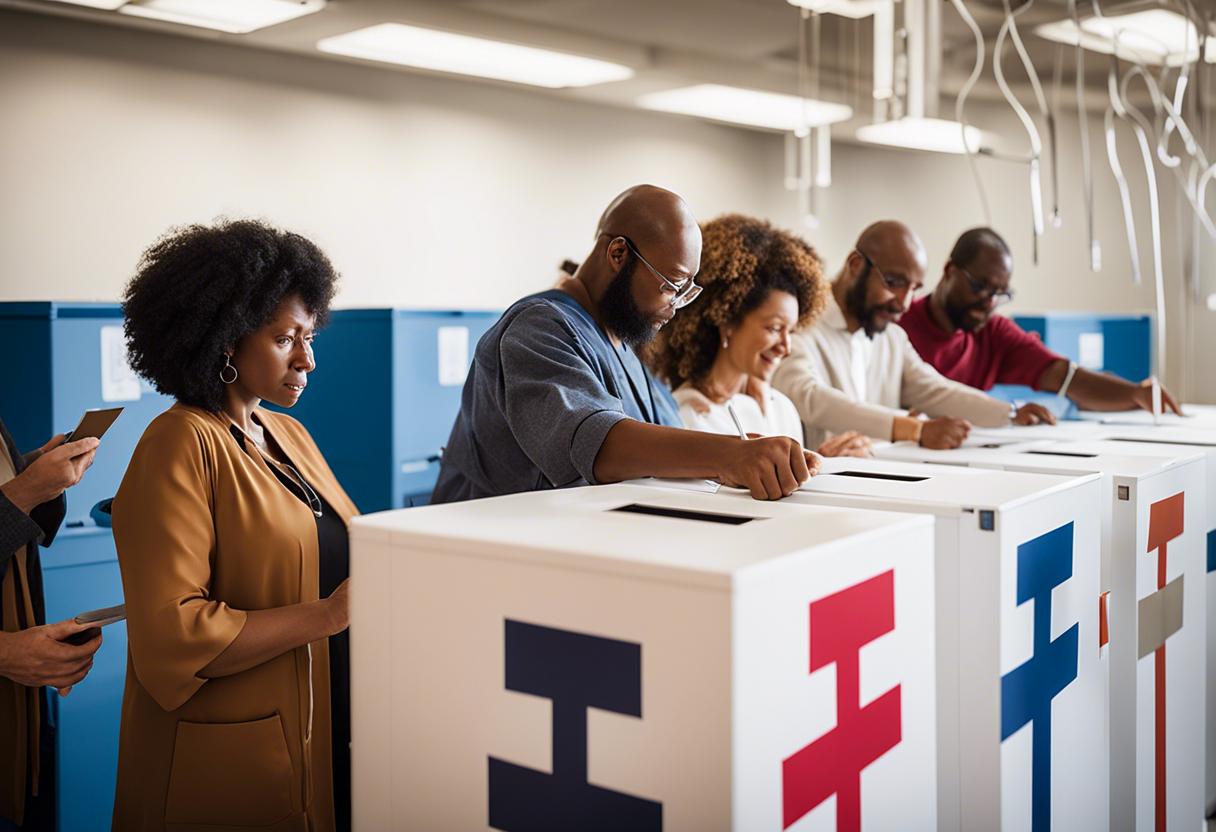“The entitlement to cast our vote is fundamental, for it confers autonomous governance over one’s future; without it, all additional rights lose their relevance. This is a statement attributed to Lyndon B Johnson. It is a pertinent reminder this week as we gear up to partake in local and European elections, exercising our democratic right to vote. This act of voting is a compelling mechanism that has an impact on an array of areas we are concerned about, such as our health.
The World Health Organization cites social determinants of health as non-medical elements which have a significant bearing on health results, establishing that our wellness is fundamentally influenced by societal factors. Between 30 to 50% of health outcomes, in fact, are predicted to be ascribed to such determinants. The American Medical Association recognised voting as a social determinant of health following the 2020 US election, in a resolution it proposed. Furthermore, it acknowledged that gerrymandering restricts access to healthcare, leading to worsening health outcomes.
So, how does one define the correlation between casting a vote and maintaining sound health?
It’s seen that young individuals who vote are poised to experience healthier lives. The Voice Project run by the University of California, San Francisco suggests that even post adjusting for selection bias, voting within this demographic foretells higher income, superior levels of education, a tendency towards abstaining from excessive alcohol and tobacco consumption, and fewer depressive symptoms.
Research by Carnegie Mellon University on older adults unveiled that individuals aged over 50, who volunteered for more than 200 hours in the last year, were less likely to suffer from high blood pressure and reported a markedly elevated psychological well-being. Additionally, university students actively engaged in civic duties reported fewer depressive symptoms.
However, could voting potentially harm your health?
Certain studies do indeed indicate this possibility. In a comprehensive study, Taiwanese researchers found that healthcare needs saw a surge of up to 19% among novice voters during significant election periods. Published in the Health Economics journal, the 2023 study examined the health records of 900,000 individuals across four election cycles in Taiwan. The analysis revealed an increase in treatments for physical health conditions such as acute respiratory diseases, gastrointestinal disorders, and injuries, contradicting previous mental-health focused studies.”
During the 2012 presidential contest in the country, healthcare facilities reported tackling a 30% climb in anxiety disorders and related conditions. The investigators posited that this rise was primarily driven by the stress of selecting a candidate to support and the unease sparked by incessant political advertisements during the campaigning period. The researchers opined that this could be categorised as “election stress disorder” or “election syndrome”.
As for the rise in physical ailments coinciding with election canvassing, the authors see the cause as exhaustion and lowered resistance to diseases making voters more prone to infections. They recognised two key channels for election-related illness: mental distress resulting in psychological health issues, and involvement in campaigning activities that detrimentally influence physical wellness. They theorise that voters, due to waiting in lines at voting sites, were more exposed to transmittable diseases, and some might have incurred injuries at densely packed political gatherings. Tellingly, the authors observed that heightened healthcare usage was exclusive to the campaigning period and didn’t carry on after the election.
A standalone research corroborates the fleeting nature of election stress disorder. During the half-year lead-up to the 2020 US presidential race, study participants reported a surge in moderate to serious anxiety and depression, increased mental health clinic attendance, and elevated prescription medication intake – all of which receded post-election.
Despite election campaigns potentially causing transient negative health implications, voting, viewed over a longer timeframe, is deemed beneficial for our health.

